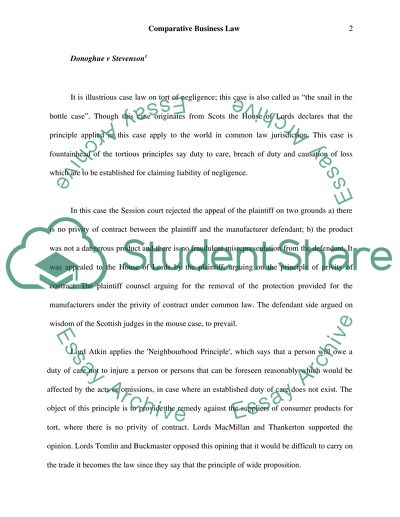Cite this document
(Is the System of Common Law in the UK still Relevant in the Context of Coursework, n.d.)
Is the System of Common Law in the UK still Relevant in the Context of Coursework. https://studentshare.org/law/1501470-comparative-business-law
Is the System of Common Law in the UK still Relevant in the Context of Coursework. https://studentshare.org/law/1501470-comparative-business-law
(Is the System of Common Law in the UK Still Relevant in the Context of Coursework)
Is the System of Common Law in the UK Still Relevant in the Context of Coursework. https://studentshare.org/law/1501470-comparative-business-law.
Is the System of Common Law in the UK Still Relevant in the Context of Coursework. https://studentshare.org/law/1501470-comparative-business-law.
“Is the System of Common Law in the UK Still Relevant in the Context of Coursework”. https://studentshare.org/law/1501470-comparative-business-law.


